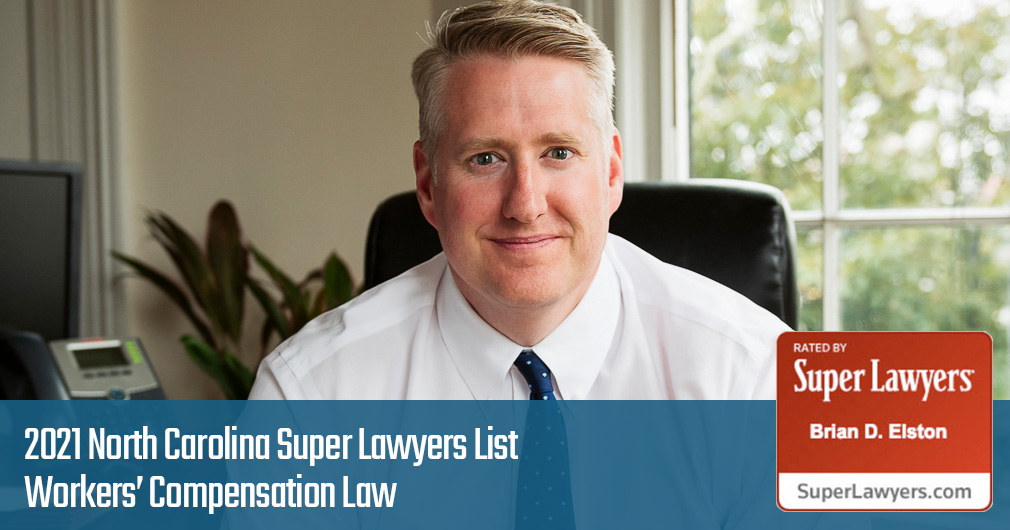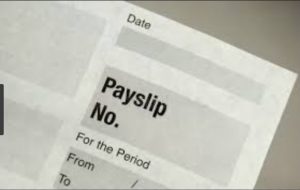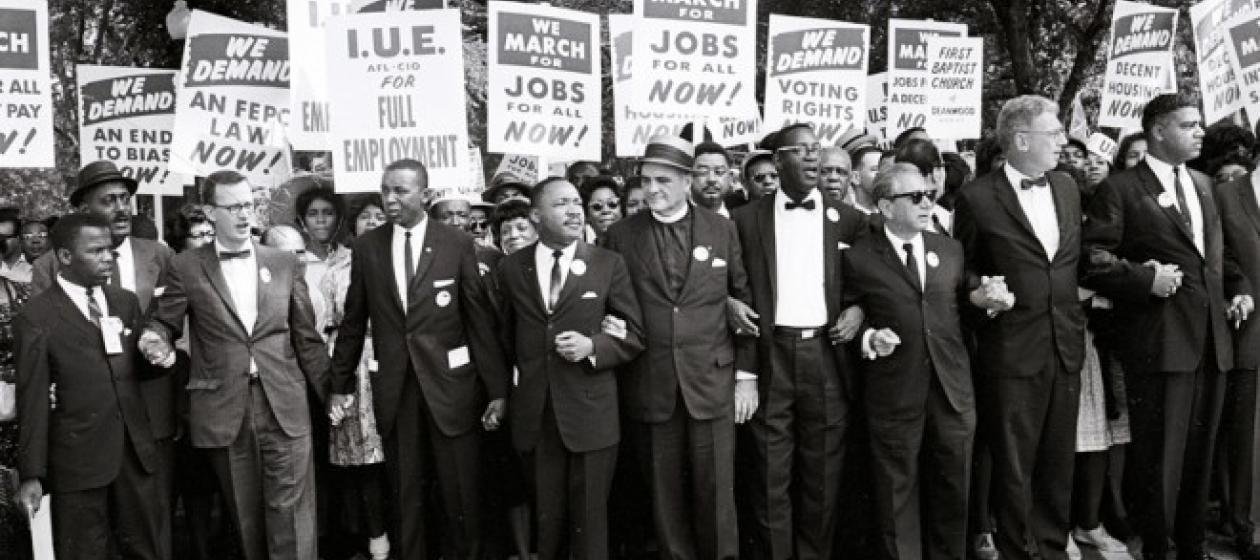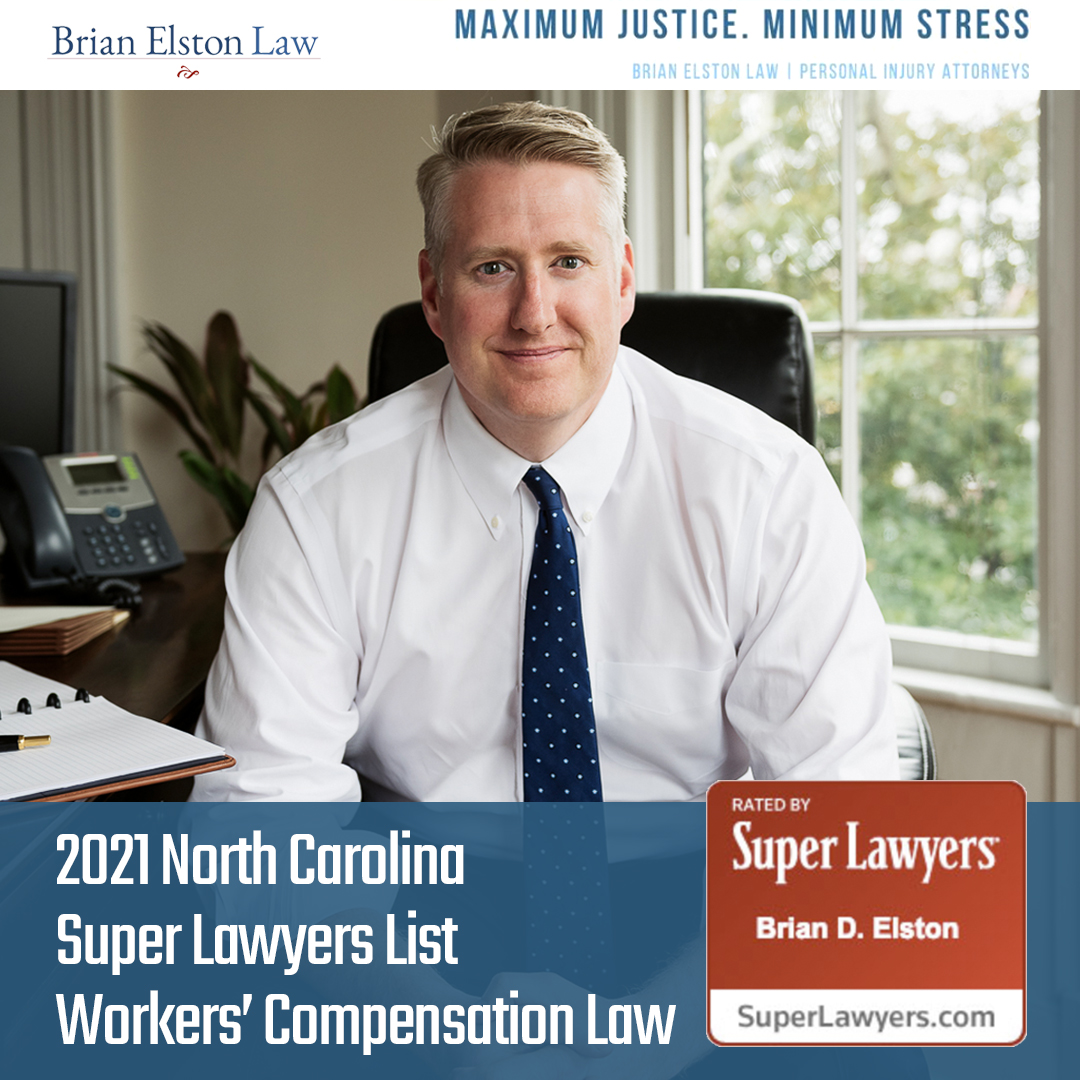
by | | Legal Advice, Workers' Compensation
Issues at work arise – demotions, harassment, discrimination, unfairness, job loss, demotions, etc. – but do I have a case because of it? Is this something worth pursuing? What if I pay for a consult with an employment attorney and don’t have a case?
The questions above are just some that I hear from potential clients in deciding whether or not to set up an appointment for a consultation. It’s a dilemma – the individual may have lost their job and whether to hire an employment attorney to review the case may not be in the budget just yet. I think what will help in making the decision is understanding the value of a consultation with an employment attorney.
The Value of a Consultation
More than meets the eye: On more than one occasion (and I know the cases), I’ve had a client call my office, think that they had a case about X and we schedule a consultation. We sit down, go through the events, ask diagnostic questions, and then the light bulb goes off: each of us realizes that their case isn’t about X but actually about Y! Had the consultation never occurred, the client would not have even realized they had a separate right about a cause of action worth pursuing.
Communication: If you are wanting to know whether or not you have a case, don’t you want to hear all about it? Research has estimated that 93-80 percent of communication is nonverbal (body language, facial expressions, etc.). So, without a face to face consultation, or even a zoom, you arguably are only hearing about 20% of what is being communicated about your case. When you are on the phone, you may be driving, walking, checking email, or engaging in a number of activities that could be, understandably, distracting. However, a consultation is a dedicated time, distraction free, to focus on your important legal matter.
No substitute: Would you ever ask a friend to diagnose your medical problem? Would you want your brother-in-law to install a fuse for your dryer in the lectric box? When it comes to not identifying a medical issue or the risk of burning down your house, you’d probably go to a professional. The same approach applies to your legal problems. To be an attorney requires 4 years of college, 3 years of law school, passing the bar and then it still takes years of experience to understand the law. Asking a friend who heard of the same thing happening to their friend or googling is no substitute for setting a consultation with an employment and getting the benefit of YEARS of experience and training.
Peace of Mind: Peace of mind and receiving solid legal advice comes at a cost. Unfortunately, operating a law office, just like a doctor’s, CPA, plumber or any other licensed professional, does in fact cost money, and so there is a charge for employment consults (except those that involve workers’ compensation or physical injury at work). Individuals call and ask whether or not it is worth it? I think so, but respect that individual must consider not only their financial situation, but also commitment to their case. If the cost of a legal consult, which is the equivalent of going to an Urgent care, deters you from pursuing your matter, then maybe you should reflect on whether you want to pursue it? I can never guarantee the outcome of a consult, but I can tell you that we will endeavor to explain your legal situation so you have an understanding, a peace of mind, as to where your stand legally in regards to your situation at work.
The following reasons are not exhaustive, but hopefully give someone considering meeting with an employment attorney a better understanding of the process and what to expect in a consultation.

by | | Legal Advice, Workers' Compensation
One of the most unfair things that I’ve seen happen is that someone is now out of work for a reason that they didn’t ask for, and receive a notice that they are terminated. Unfair – absolutely. But is it against the law? That question is a bit more complex and could involve a couple of other areas of employment law. Let’s break it down.
The North Carolina Retaliatory Employment Discrimination Act prohibits an employer from retaliating against an employee for filing and/or pursuing a workers’ compensation claim. So, the textbook example of retaliation would be the scenario where an employee asks an employer for a workers’ compensation claim form, and they are then terminated the next day for some made-up reason.
The more difficult scenario to parse through is what happens when the employee is missing work because of their injury, and the employer terminates them after he or she misses several weeks of work. They are missing work because of their injury, so doesn’t workers’ compensation benefits protect them? Not necessarily. Workers’ compensation is not a job-holding benefit. Generally speaking, workers’ compensation benefits provide medical benefits to take care of the injury, and if the employee is losing work, it then provides wage replacement. It doesn’t however hold an employee’s job and the conceptual reason is because the legislation wants workers’ compensation system to be as non-disruptive to commerce as possible. The legislature wants employers to continue working, and if they need someone to step in and replace that hurt employee, that’s not going to be against the law per se.
However, the Family Medical Leave Act (FMLA), the employer’s leave policies, and the Americans with Disability Act as Amended (ADAA) may all come into play. So, for instance, let’s say an employee suffers a devastating injury and will be out for at least 8 weeks. If the employee has FMLA leave, then the employer cannot let them go because to do so would run afoul of FMLA, not necessarily workers’ compensation.
Knowing that an employee can be leg go on workers’ compensation, what’s the best course of action for an employee to protect themselves? That question should be answered on a case by case basis, but generally, establishing restrictions with the medical provider so that workers’ compensation benefits (wage replacement) kick in is one level of protection.
If you or a friend are getting nervous about your job security, and suffered a workers’ compensation claim, please reach out to our office 828-575-9700 or [email protected] to set up a consultation to discuss.

by | | Announcements, Workers' Compensation, Аttorneys
Brian Elston makes 2021 NC Super Lawyers List in Workers Compensation Law
Brian Elston is grateful to be recognized on the 2021 North Carolina Super Lawyers list in Workers’ Compensation Law. No more than 5 percent of attorney in North Carolina are selected for this list.
Super Lawyers is a a peer-review rating service publication that reviews and ranks law firms and attorneys across the U.S. who have received a high-degree of peer recognition and professional achievement. Brian Elston achieved “Rising Star” status from 2017 – 2019 and “Super Lawyer” status in 2020 and now 2021.
Brian is appreciative of the honor and credits his amazing colleagues. “I work alongside phenomenal individuals. Chad Donnahoo and Reed Williams are excellent attorneys and colleagues, and it’s easy to seem tall when standing on the shoulders of those two. Jenna Jarrett is always a step ahead in making sure what needs to be done for our clients.”
Brian Elston Law is a firm of personal injury attorneys and workers’ compensation attorneys whose goals are to maximize justice, and minimize stress for their clients. For more information, click here. Let’s talk.
See the original press release here: Buncombe Bar

by | | Workers' Compensation
Will my weekly check change if I start my own business?
“Weekly checks” the are benefits an injured worker receives when they are injured on the job. The weekly checks, legally known as temporary total benefits or temporary partial benefits, are provided to injured workers’ pursuant to N.C. Gen. Stat. 97-29 or 30. The checks should be 2/3 of the injured workers’ average weekly wage. Because of the shortfall, injured workers’ may feel that they need extra income. However, the injured worker is hurt. Who’s going to hire an injured worker? So, the injured worker is left to ask if they can start their own business while they are receiving weekly checks?

Injured workers’ should receive a weekly check for being out of work
Will my own job change a weekly check?
If an injured worker starts to work a self-employed job while out on workers’ compensation, it is likely that the weekly check will change. However, it depends on the new job and whether or not the injured worker has “wage earning capacity.”
An injured worker is entitled to weekly checks so long as they can demonstrate:
- The injured worker is incapable after the injury of earning the same wages they had earned before the injury in the same employment.
- The injured worker was incapable of earning the same wages they had earned before his employment in any other employment. AND
- That the incapacity to earn was caused by the injury.
Hilliard v. Apex Cabinet Co., 305 N.C. 593, 595, 290 S.E.2d 682, 683 (1982)
The focus is not whether the injured employee actually earns wages, but whether the injured employee has a capacity to earn the wages. The North Carolina Court of Appeals has stated “post-injury earnings should not be relied on in determining earning capacity of [injured worker] when they do not reflect his ability to compete with others.” See Bridwell v. Golden Corral Steak House, 149 N.C. App. 338 (2002).
The test for determining whether a self-employed injured worker has “wage-earning capacity” is that the injured worker:
- be actively involved in the day to day operation of the business
- utilize skills which would enable the injured worker to be employable in the competitive market place, regardless of the injured worker’s physical limitation, age, education and experience.
In other words, would the injured worker be hired in the competitive job market based on what they are doing for the self-employed position? If so, then the weekly checks could change. If not, then the weekly change may not change.
So, before opening your own business or starting a new job while receiving weekly checks, the injured worker should contact an attorney that focuses on workers’ compensation.
Brian Elston Law specializes in Workers Compensation Law. If you need an Asheville, NC workers compensation attorney, contact us today.

by | | Workers' Compensation
Advocating for Workers’ Rights
“At the present time, thousands of jobs a week are disappearing in the wake of automation and other production efficiency techniques. Black and white, we will all be harmed unless something grand and imaginative is done. The unemployed, poverty-stricken white man must be made to realize that he is in the very same boat with the Negro.”
Martin Luther King, Jr. (1965)
The quote above is just as relevant today as it was in 1965. Brian Elston Law shares Dr. King’s concern in its workers’ compensation practice.
Working class jobs are dwindling by the day. Hence, when an on-the-job accident takes an employee out of work, an employee’s concern for job security is an increasingly important aspect of a workers’ compensation claim. In short, just because an employee is hurt doesn’t mean that they have to lose their job.
Brian Elston Law specializes in Workers’ Compensation and Construction Site Accidents. We advocate for employees injured on the job. The goal is simply not only to ensure that an employee maintains their current employment situation, but also is protected in the future. Whether it is compelling an employer to provide vocational rehabilitation, pursuing additional medical treatment beyond what the employer is offering, or ensuring the employer is complying with an employee’s job restrictions, Brian Elston Law protects its clients.
In this day and age, employment can be scarce and hard to find. Brian Elston Law works with individuals to protect their employment dreams, and thanks Dr. King for his work.
by | | Personal Injury, settlement, Workers' Compensation
What is a good settlement offer?
It is very common for victims of a personal injury caused by other individual’s fault to get a settlement offer before going to court. In fact, around 95% of personal injury cases are settled before court trial. (1) It turns out that there is more than one good reason for this – you will save time, energy and money. However, simply because you have a chance to avoid a long trial and you have an offer for a settlement doesn’t mean that you should accept it right away. Namely, there are situations when the settlement offer is not fair or reasonable and some people still accept these offers.

One of the best ways to determine whether a settlement offer is good or not is to talk to an experienced attorney. These professionals know that every case is different, but if they have experience, they have probably handled a case similar to your case in the past. In other words, they will know what a good settlement looks like. But, if you want to stay on the safe side and be sure that the settlement is reasonable and acceptable, you should analyze the elements of the offer.
Analyze the damages
What kind of injury do you have? For instance, if you were involved in a motor vehicle accident, you might have experienced head and back injuries which are among the most serious personal injuries. On the other hand, there are situations when people experience soft tissue injuries and these injuries usually don’t have a significant impact on people’s everyday life. So, the extent of the injury and its effect on your life and your ability to conduct everyday task should determine the value of the settlement.
Check the liability
Is the defendant completely responsible for the accident that led to the injury? In this case, the settlement offer should include their consent to pay for all the damages to the plaintiff. If the accident is caused (partially) by your actions then you should expect to settle for less.

A factor in settlement is liability.
Calculate your wage loss
Did you miss work due to this accident? There are many cases when accidents like this prevent people from working or they have to work on less demanding tasks. As a result of that people lose wages and the settlement offer must include a part in which the defendant is held responsible for this loss. If you have missed a lot of work, the settlement must be higher.
Insurance
What kind of insurance coverage does the defendant have? Is there worker’s compensation involved? In case they have a policy for $15,000 then you should expect a settlement that doesn’t exceed $15.000.
Take the attorney fees into consideration
When you get the settlement offer, you should not forget that part of the money goes to the attorney. As a matter of fact, they usually take 33% of the settlement amount. (2) Of course, they will get this sum only if they are able to win the case, but you still have to check whether you will be satisfied with the offer once this amount of money is deducted.
Brian Elston Law specializes in personal injury settlement negotiations. If you need an Asheville, NC personal injury attorney, contact us today.









